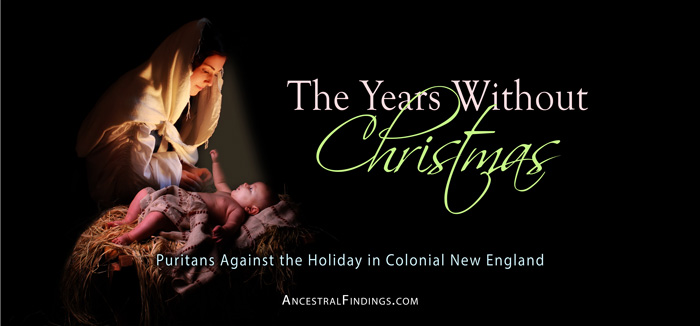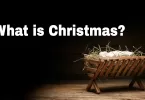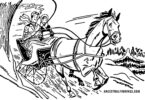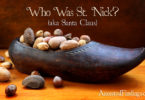The Puritans who first colonized Massachusetts were Christians. They were radical in the eyes of the established Anglican Church of England in the 1600's, and so were persecuted. Wanting to worship according to their Bible-based beliefs, they came to America to start a community that would be built solely on the Bible they loved. They called it “a city on a hill,” which is a Biblical reference to a parable Jesus told in Matthew 5: 14-15, which explained that such a city could not be hidden, and its light of righteousness would be visible for all the world to see. This is what the Puritans wanted for their colony, without the worldly influence of other religions.
Back in England, the celebration of Christmas was a festive time of feasting and merrymaking. Lots of games were played, families and communities celebrated joyfully, and there was general revelry all around. The Puritans did not approve of this. They believed that the traditional English Christmas celebrations encouraged loose moral behavior that was unseemly on a religious holy day. While they tried to avoid participating in Christmas celebrations in England, their refusal to participate only set them out as different from the rest of the community and brought unwanted attention upon them from their neighbors and Anglican church authorities.
Therefore, when they came to America, the Puritans immediately outlawed the celebration of Christmas within the Massachusetts colony. They treated it just like any other day and gave it no special recognition.
Unlike the Anglican church or the Christian churches of most other European nations, the Puritan church believed there were no legitimate holy days authorized by scripture except the Sabbath. They looked upon Christmas as a pagan celebration with Roman roots and considered it an abomination that included idolatry. No good Christian would celebrate Christmas, in the official Puritan doctrine.
Of course, many people missed the traditional Christmas celebrations they had enjoyed in England. The less devout among the Puritans, along with the many non-Puritans who made their way into the colony (much to the chagrin of the Puritan leaders) tried to find ways to celebrate Christmas in the traditional way once they were on American shores. Many people were fined and/or temporarily imprisoned in the colony for celebrating Christmas in the traditional way. Sometimes, even Puritans who were known to be very devout were found to be celebrating Christmas in small ways. The power of the Christmas tradition and the love the colonists had of it was very strong.
While laws banning Christmas were repealed in 1681, mostly due to a large number of non-Puritans that now inhabited the colony (which made it all but impossible to suppress the celebrations any longer), people who still held strongly to the Puritan faith continued to avoid celebrating it. Christmas was not made an official state holiday in Massachusetts until the 1850's, so strong was the prevailing view against it in that state. Even in 1870, public schools in Boston still scheduled classes on Christmas day, with penalties to students who stayed home to celebrate the holiday.
While Christmas is now accepted and enjoyed in Massachusetts by the descendants of the Puritans, the official contempt of it held on in that area for over two centuries. The Puritan legacy lived on long after there were no longer any actual Puritans left.





